Cell Reproduction -> regeneration
Regeneration
Regeneration is the process by which an organism is able to replace or restore lost or damaged body parts. This remarkable ability is found in various organisms, including some animals, plants, and microorganisms. The process of regeneration involves the regrowth of tissues, organs, or entire organisms, and it plays a crucial role in the survival and adaptation of many species.
Types of Regeneration
There are two main types of regeneration:
- Epimorphosis: In epimorphosis, regeneration occurs through the proliferation and differentiation of undifferentiated cells at the site of injury. This type of regeneration is commonly seen in organisms such as amphibians and certain invertebrates.
- Morphallaxis: Morphallaxis involves the remodeling or reorganization of existing tissues to regenerate the lost parts. This type of regeneration is observed in organisms like hydra and planarians.
Factors Affecting Regeneration
Several factors influence the ability of an organism to regenerate, including:
- Genetic Factors: The genetic makeup of an organism plays a significant role in determining its regenerative capabilities.
- Environmental Factors: Environmental conditions such as temperature, humidity, and nutrient availability can impact the regeneration process.
- Severity of Injury: The extent of the injury or damage sustained by the organism can affect its ability to regenerate.
- Age: In many organisms, the ability to regenerate diminishes with age.
Applications of Regeneration
Regeneration has important implications in various fields, including:
- Medicine: Understanding the mechanisms of regeneration can lead to advances in regenerative medicine and tissue engineering.
- Conservation: Studying regeneration in endangered species can aid conservation efforts and habitat restoration.
- Biotechnology: Regeneration research has potential applications in biotechnology, such as the development of regenerative therapies and bioprinting technologies.
Study Guide
Here are some key concepts to focus on when studying regeneration:
- Define regeneration and explain its significance in the natural world.
- Compare and contrast epimorphosis and morphallaxis, providing examples of organisms that exhibit each type of regeneration.
- Discuss the factors that influence an organism's ability to regenerate, including genetic, environmental, and physiological factors.
- Explore the potential applications of regeneration in medicine, conservation, and biotechnology.
- Examine specific examples of regenerative abilities in different organisms, highlighting the diversity of regenerative mechanisms.
By mastering these concepts, you will gain a comprehensive understanding of the fascinating process of regeneration and its far-reaching implications.
.◂Science Worksheets and Study Guides Seventh Grade. Cell Reproduction
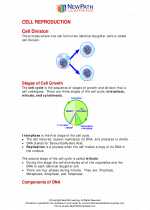
 Activity Lesson
Activity Lesson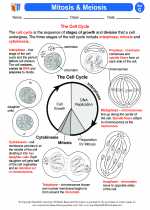
 Worksheet/Answer key
Worksheet/Answer key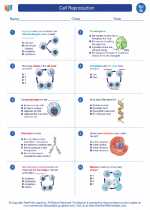
 Worksheet/Answer key
Worksheet/Answer key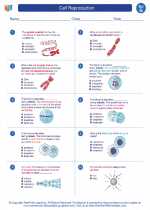
 Worksheet/Answer key
Worksheet/Answer key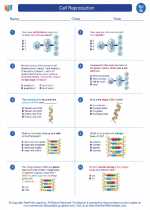
 Vocabulary/Answer key
Vocabulary/Answer key
 Vocabulary/Answer key
Vocabulary/Answer key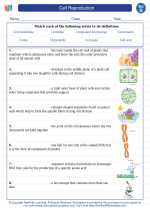
 Vocabulary/Answer key
Vocabulary/Answer key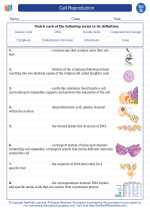
 Vocabulary/Answer key
Vocabulary/Answer key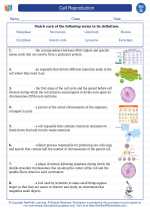
 Vocabulary/Answer key
Vocabulary/Answer key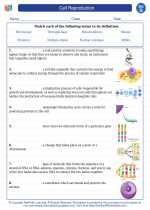
 Vocabulary/Answer key
Vocabulary/Answer key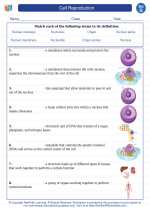
 Vocabulary/Answer key
Vocabulary/Answer key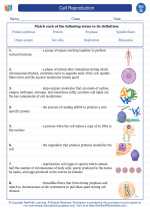
 Vocabulary/Answer key
Vocabulary/Answer key
